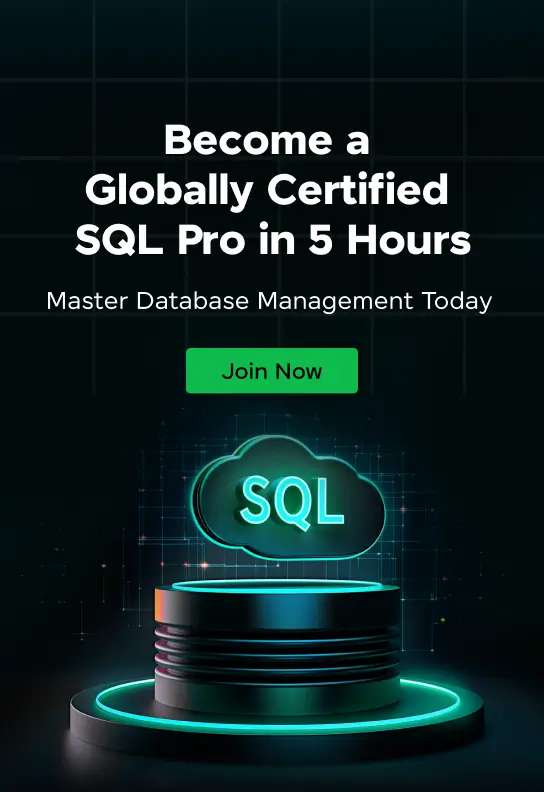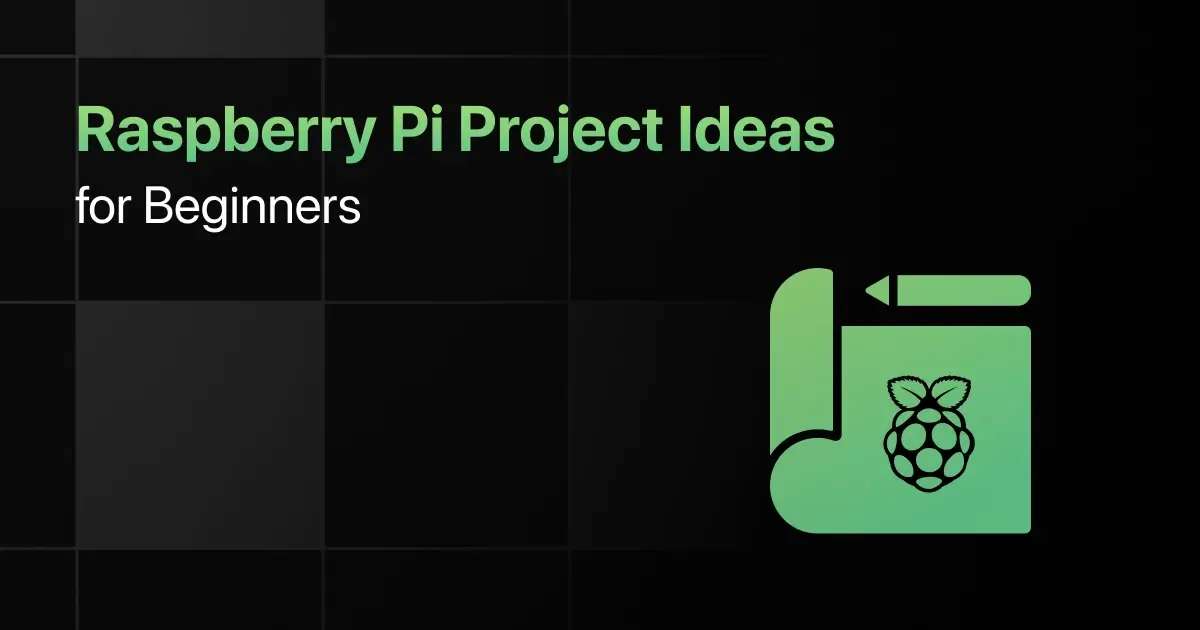Best SQL Project Ideas for Beginners
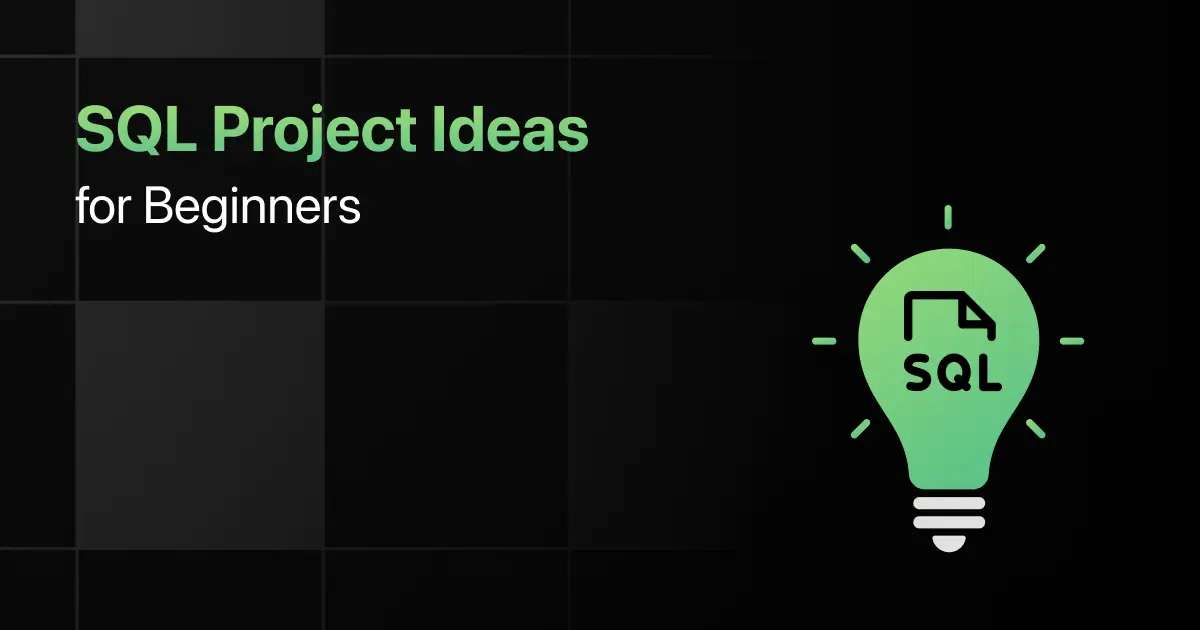
Are you ready to enter into the world of database management but not sure where to start? Engaging in SQL projects for beginners can be the best way to kickstart your career in database management.
This guide will explore the top 10 SQL based projects for beginners.
10 Beginner-Friendly SQL Project Ideas – Overview
Here’s an overview of the 10 best SQL projects for beginners:
| S.No. | Project Title | Complexity | Estimated Time | Source Code |
|---|---|---|---|---|
| 1 | Personal To-Do List | Easy | 10 hours | View Code |
| 2 | Book Collection Database | Easy | 10 hours | View Code |
| 3 | Music Playlist Manager | Easy | 10 hours | View Code |
| 4 | Expense Tracker | Easy | 12 hours | View Code |
| 5 | Inventory Management System | Medium | 12 hours | View Code |
| 6 | Event Registration System | Medium | 12 hours | View Code |
| 7 | Fitness Tracker | Medium | 12 hours | View Code |
| 8 | Student Management System | Medium | 15 hours | View Code |
| 9 | Small Attendance System | Easy | 15 hours | View Code |
| 10 | Banking System | Medium | 15 hours | View Code |
Top 10 SQL Projects for Beginners
Below are the top 10 SQL projects with source code for beginners:
1. Personal To-Do List
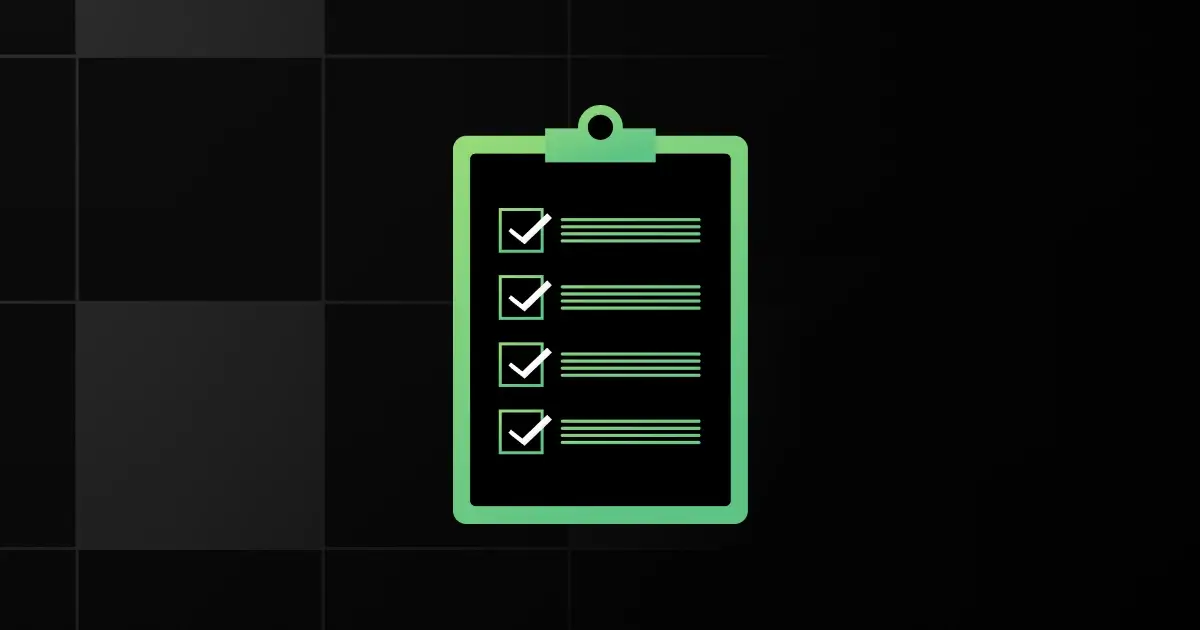
This project involves creating a personal to-do list database using SQL, where you can add, update, delete, and retrieve tasks.
You will learn basic SQL syntax and database management through designing and manipulating database tables.
Duration: 10 hours
Project Complexity: Easy
Learning Outcome: Understanding of basic SQL concepts such as CRUD operations, table creation, and query execution.
Portfolio Worthiness: Yes
Required Pre-requisites:
- Basic understanding of SQL and databases
- Familiarity with a relational database management system (RDBMS) like MySQL, PostgreSQL, or SQLite
- Knowledge of how to interact with a database using a command line or a graphical interface
Resources Required:
- Access to an RDBMS (MySQL, PostgreSQL, SQLite, etc.)
- SQL client or integrated development environment (IDE) for writing and executing SQL queries
- Optional: tutorial or documentation specific to the chosen RDBMS
Real-World Application:
- Developing a practical understanding of database operations which is crucial for backend development and data management.
- The foundation for building more complex applications requiring data storage and retrieval.
2. Book Collection Database
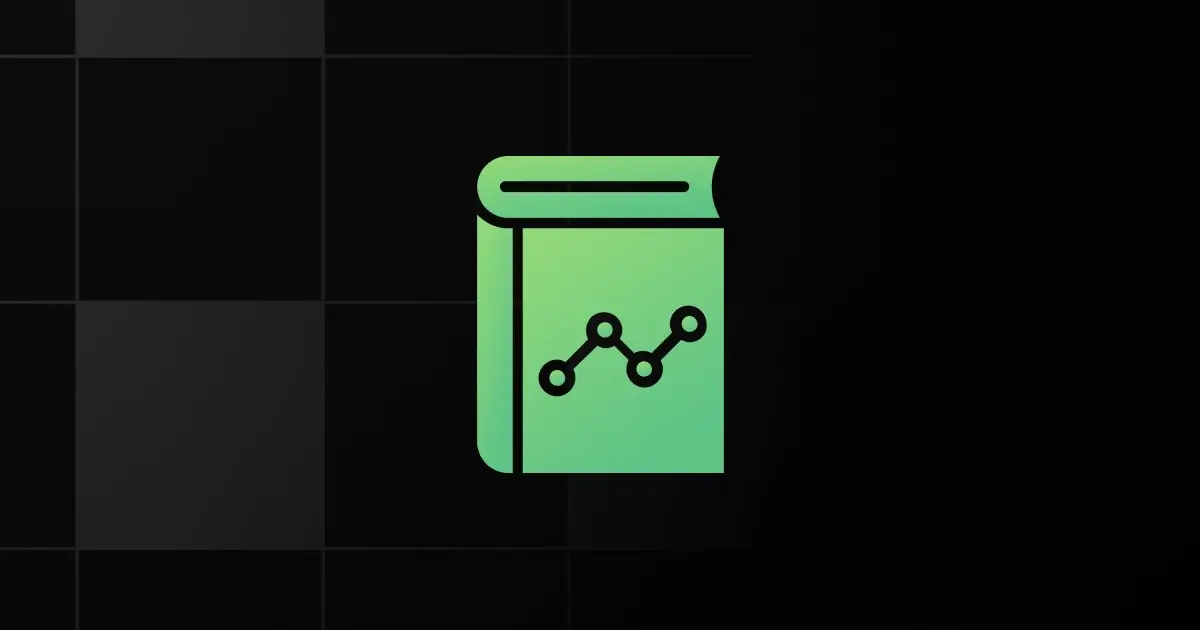
This project entails creating a database to manage a book collection using SQL, focusing on storing details like book titles, authors, genres, and publication years.
You’ll delve into relational database design, learning how to create normalized tables, establish relationships, and enforce data integrity.
Duration: 10 hours
Project Complexity: Easy
Learning Outcome: Understanding of advanced SQL concepts such as relational database design, normalization, foreign keys, and complex queries.
Portfolio Worthiness: Yes
Required Pre-requisites:
- Solid understanding of basic SQL operations and syntax
- Familiarity with relational database concepts and design
- Experience with an RDBMS like MySQL, PostgreSQL, or SQLite
Resources Required:
- RDBMS installation (MySQL, PostgreSQL, SQLite, etc.)
- SQL client or development environment for query execution
- Access to database design tools or software for visualizing database schemas
Real-World Application:
- Mastery in managing complex data relationships, applicable in many software development and database administration roles.
- The ability to design and manage a database for inventory, library systems, and more, demonstrating practical skills in data organization and retrieval.
3. Music Playlist Manager
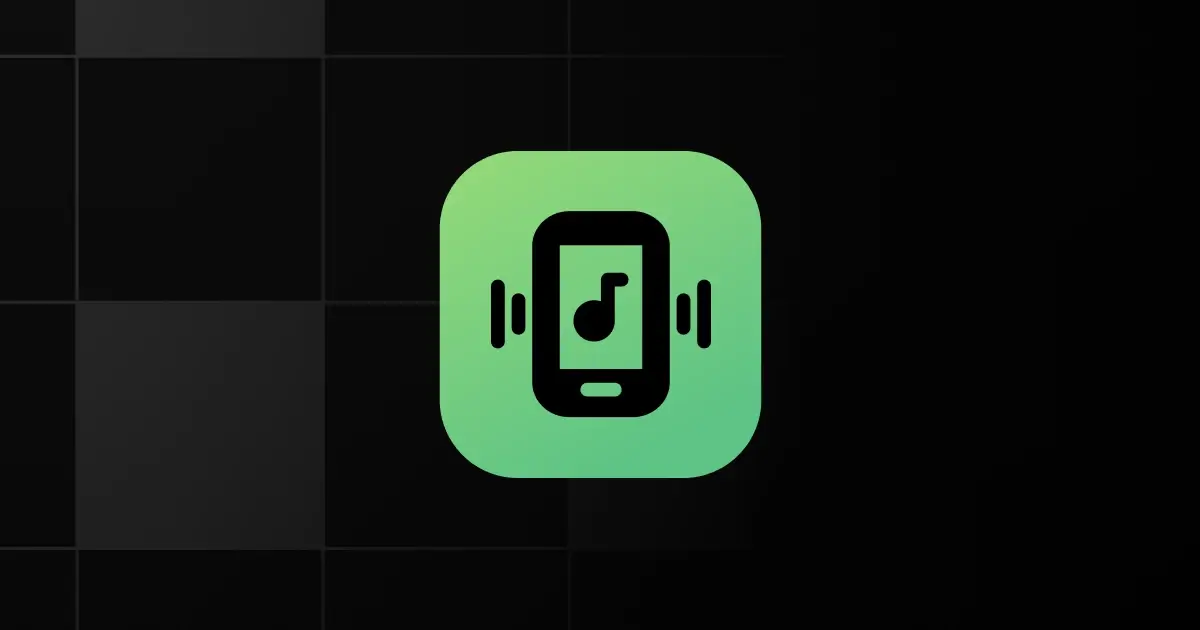
This project focuses on creating a music playlist manager using SQL, enabling users to create, manage, and explore playlists, tracks, artists, and albums.
You’ll learn how to handle many-to-many relationships and use advanced queries to manipulate and retrieve data effectively.
Duration: 10 hours
Project Complexity: Easy
Learning Outcome: Understanding of intermediate to advanced SQL concepts, including many-to-many relationships, JOIN operations, and complex query structures.
Portfolio Worthiness: Yes
Required Pre-requisites:
- Good grasp of basic and intermediate SQL commands
- Understanding of relational database design and normalization
- Familiarity with an RDBMS like MySQL, PostgreSQL, or SQLite
Resources Required:
- An RDBMS installation (MySQL, PostgreSQL, SQLite, etc.)
- SQL client or integrated development environment (IDE) for executing queries
- Documentation or tutorials for advanced SQL techniques and database design
Real-World Application:
- Developing the foundation for building complex, data-driven applications like streaming services.
- Learning data management skills applicable in a variety of tech roles, from database administration to backend development.
4. Expense Tracker
![]()
This project involves developing an expense tracker using SQL, aimed at helping users record and categorize their daily expenses.
Through this, you will learn how to design databases that can efficiently store time-series data and generate insightful reports through aggregate functions.
Duration: 12 hours
Project Complexity: Easy
Learning Outcome: Understanding of SQL concepts related to time-series data, aggregate functions, and report generation.
Portfolio Worthiness: Yes
Required Pre-requisites:
- Basic SQL knowledge, including CRUD operations
- Understanding of database schemas and data normalization
- Experience with an RDBMS like MySQL, PostgreSQL, or SQLite
Resources Required:
- RDBMS installation (MySQL, PostgreSQL, SQLite, etc.)
- SQL client or development environment for writing and executing queries
- Access to SQL tutorials or documentation for advanced features and best practices
Real-World Application:
- Gaining skills in managing and analyzing financial data is applicable in both personal and professional finance management.
- Laying the groundwork for building financial and analytical applications is useful in a variety of business contexts.
5. Inventory Management System
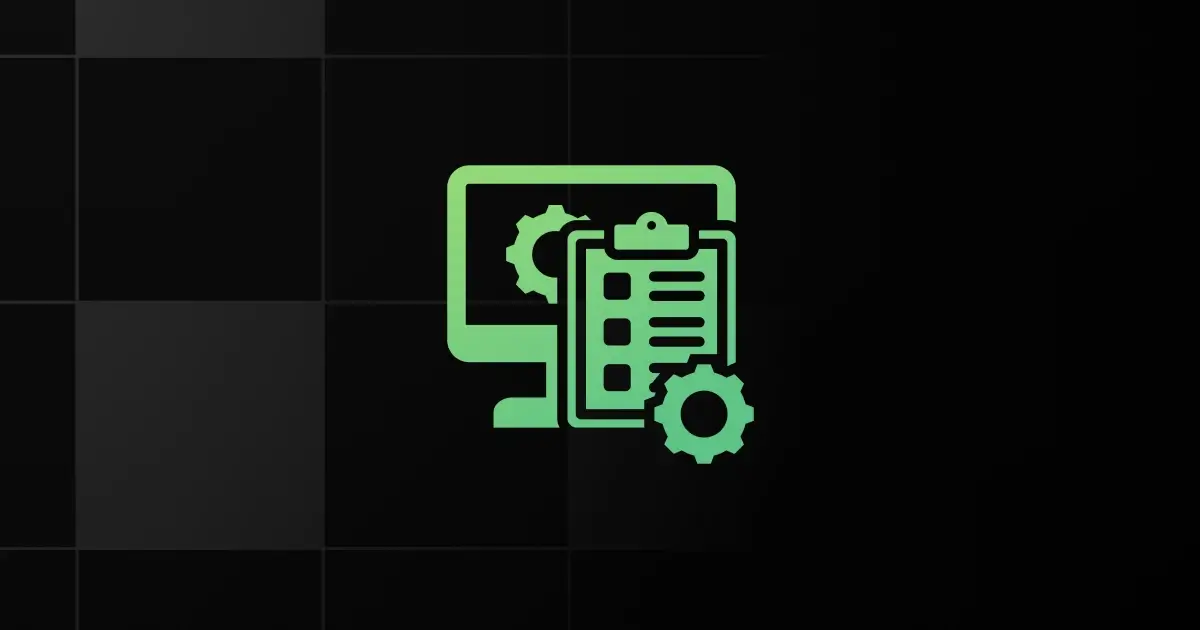
This project involves creating an inventory management system using SQL, designed to help businesses track their inventory levels, sales, orders, and suppliers.
It introduces you to complex database relationships, data normalization, and generating reports through SQL queries to make informed business decisions.
Duration: 12 hours
Project Complexity: Medium
Learning Outcome: Understanding of advanced SQL concepts including complex relationships, data normalization, and report generation through SQL queries.
Portfolio Worthiness: Yes
Required Pre-requisites:
- Good understanding of basic and intermediate SQL
- Familiarity with relational database design and concepts
- Experience with an RDBMS like MySQL, PostgreSQL, or SQLite
Resources Required:
- RDBMS installation (MySQL, PostgreSQL, SQLite, etc.)
- SQL client or integrated development environment (IDE) for executing queries
- Access to database design and SQL query tutorials or documentation
Real-World Application:
- Mastery in managing inventory data is crucial for logistics, supply chain management, and retail roles.
- The foundation for building applications that require detailed tracking and management of products, applicable in a wide range of business contexts.
6. Event Registration System
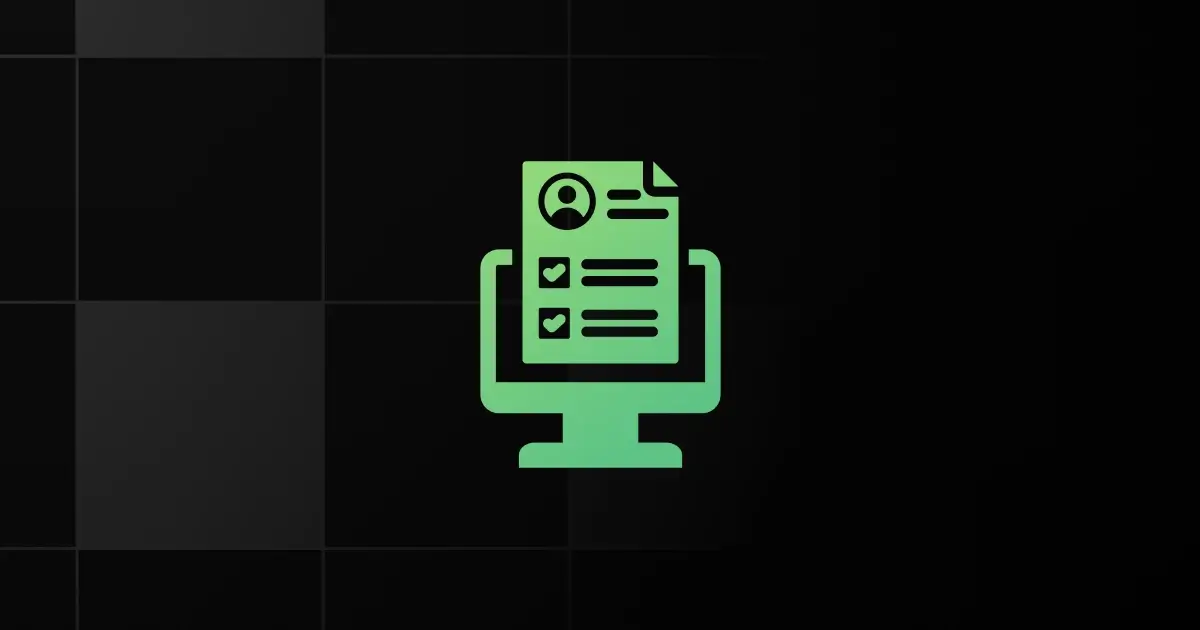
This project is about creating an event registration system using SQL, where users can register for events, and administrators can manage events and attendee information.
It introduces complex SQL queries and database operations such as transactions and concurrency control.
Duration: 12 hours
Project Complexity: Medium
Learning Outcome: Understanding of complex SQL operations, transaction management, and handling concurrency in a database.
Portfolio Worthiness: Yes
Required Pre-requisites:
- Proficient understanding of SQL and relational databases
- Knowledge of advanced database concepts like transactions and concurrency control
- Familiarity with an RDBMS like MySQL, PostgreSQL, or SQLite
Resources Required:
- Access to an RDBMS (MySQL, PostgreSQL, SQLite, etc.)
- SQL client or integrated development environment (IDE) for database interaction
- Advanced SQL and database management tutorials or documentation
Real-World Application:
- Developing skills in managing user data and event details is crucial for applications in event management and registration.
- Understanding how to ensure data integrity and consistency in applications that require handling simultaneous database operations.
7. Fitness Tracker
![]()
This project entails the creation of a fitness tracker database using SQL, focusing on logging workouts, exercises, and sets, and tracking progress over time.
You will explore handling time-series data, creating relationships between different data types, and generating performance reports.
Duration: 12 hours
Project Complexity: Medium
Learning Outcome: Understanding of SQL concepts for time-series data management, data relationships, and generating insights through SQL queries.
Portfolio Worthiness: Yes
Required Pre-requisites:
- Basic to intermediate knowledge of SQL syntax and operations
- Understanding of relational databases and data normalization
- Familiarity with an RDBMS like MySQL, PostgreSQL, or SQLite
Resources Required:
- RDBMS installation (MySQL, PostgreSQL, SQLite, etc.)
- SQL client or development environment for writing and executing queries
- Access to SQL reference materials for complex queries and reporting techniques
Real-World Application:
- Developing essential database management skills for tracking and analyzing personal fitness data.
- Laying the foundation for more complex health and fitness applications, demonstrating the ability to manage and interpret large sets of personal data.
8. Student Management System
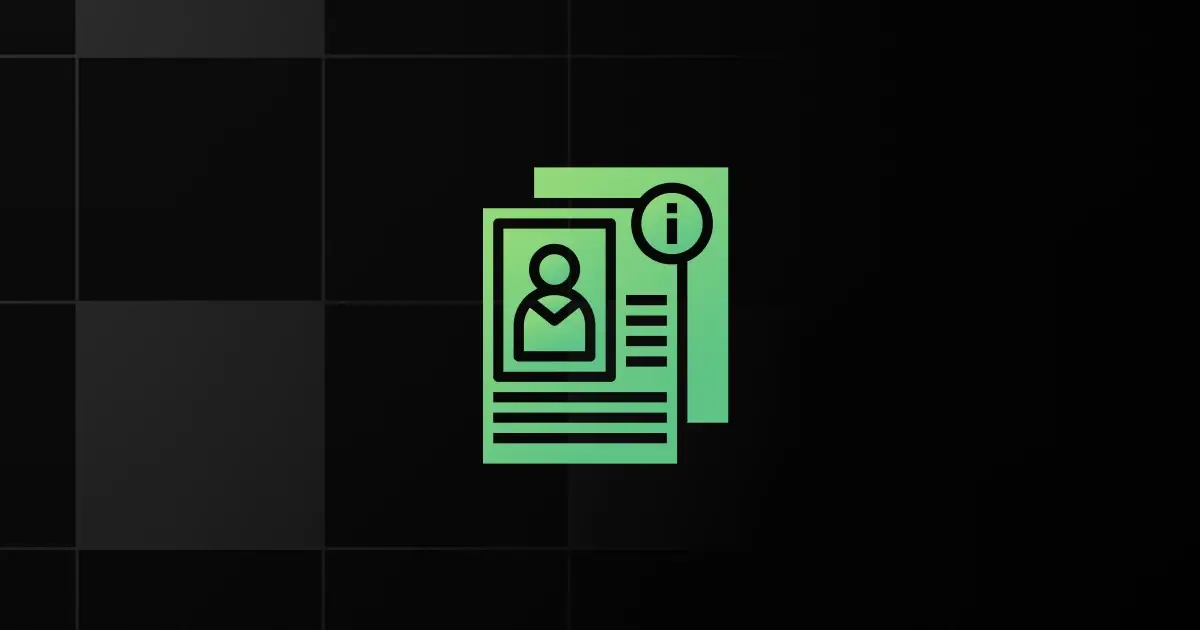
This project involves creating a student management system using SQL, aimed at managing student records, courses, and grades.
It will teach you how to design a relational database schema, perform CRUD operations, and use complex SQL queries for reporting and analytics.
Duration: 15 hours
Project Complexity: Medium
Learning Outcome: Understanding of relational database design, CRUD operations, and complex SQL queries for data management and reporting.
Portfolio Worthiness: Yes
Required Pre-requisites:
- Understanding of basic SQL commands and database concepts
- Familiarity with relational database management systems (RDBMS) like MySQL, PostgreSQL, or SQLite
- Knowledge of data modeling and normalization
Resources Required:
- An RDBMS installation (e.g., MySQL, PostgreSQL, SQLite)
- SQL client or integrated development environment (IDE) for database interactions
- Access to SQL reference materials for complex queries and best practices
Real-World Application:
- Developing skills crucial for managing educational or any organization’s data, focusing on record-keeping and information retrieval.
- Laying a foundation for building applications that require detailed user data management and analytics, applicable in a variety of sectors.
9. Small Attendance System
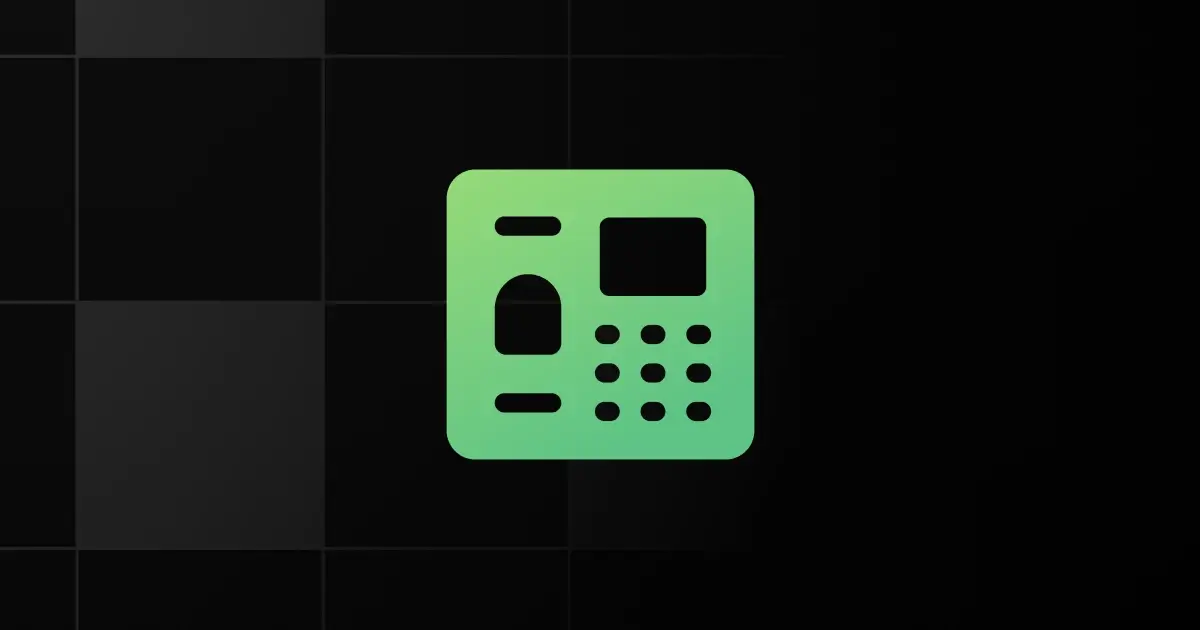
This project involves creating a small attendance system using SQL, intended for tracking the attendance of a small group, such as a workshop or a small class.
This will teach you the basics of SQL including creating tables, inserting records, and simple queries for viewing attendance.
Duration: 15 hours
Project Complexity: Easy
Learning Outcome: Understanding of basic SQL concepts and operations, focusing on CRUD operations and simple table relationships.
Portfolio Worthiness: Yes
Required Pre-requisites:
- Basic understanding of SQL syntax
- Familiarity with a relational database management system (RDBMS) like MySQL, PostgreSQL, or SQLite
- Knowledge of how to execute SQL queries using a command line or a graphical interface
Resources Required:
- Access to an RDBMS (MySQL, PostgreSQL, SQLite, etc.)
- SQL client or integrated development environment (IDE) for writing and executing SQL queries
Real-World Application:
- Learning the foundational database management skills necessary for tracking and reporting in small to medium-sized applications.
- The basis for creating more complex attendance and record-keeping systems is applicable in various organizational contexts.
10. Banking System

This project focuses on developing a banking system using SQL, which simulates the basic functionalities of a real-world banking application.
This project will deepen your understanding of transactional SQL queries, data integrity, and security practices within database management.
Duration: 15 hours
Project Complexity: Medium
Learning Outcome: Understanding of transactional SQL operations, data security practices, and maintaining data integrity in a banking context.
Portfolio Worthiness: Yes
Required Pre-requisites:
- Advanced knowledge of SQL and relational database concepts
- Understanding of transactions and database security measures
- Familiarity with an RDBMS such as MySQL, PostgreSQL, or SQLite
Resources Required:
- RDBMS installation (MySQL, PostgreSQL, SQLite, etc.)
- SQL client or integrated development environment (IDE) for database interaction
- Access to advanced SQL tutorials, focusing on transactions, security, and data integrity
Real-World Application:
- Developing critical database management skills applicable to financial technology and banking sectors.
- Laying the groundwork for creating secure, reliable, and efficient data-driven applications for handling sensitive financial information.
Final Words
Simple SQL project ideas can help you understand database management better, and make you more attractive to employers.
These SQL projects for your resume will not only increase your chances of landing a job in SQL but also give you project management skills.
Explore More SQL Resources
Explore More Project Ideas
- Python
- Java
- C Programming
- HTML and CSS
- React
- JavaScript
- PHP
- C++
- DBMS
- Excel
- Angular
- Node JS
- DSA
- Django
- Power BI
- R Programming
- Operating System
- MongoDB
- React Native
- Golang
- Matlab
- Tableau
- .Net
- Bootstrap
- C#
- Next JS
- Kotlin
- jQuery
- React Redux
- Rust
- Shell Scripting
- Vue JS
- TypeScript
- Swift
- Perl
- Scala
- Figma
- RPA
- UI/UX
- Blockchain
- Cloud Computing
- DevOps
FAQs
Some easy SQL project ideas for beginners are:
- Personal to-do lists
- Simple blog database
- Basic book collection database
SQL projects are important for beginners because they offer practical experience with real-world data manipulation and database design.
From SQL projects, beginners can learn data querying, table creation, basic data manipulation (CRUD), and understanding relational database concepts.
A personal to-do list project using SQL is recommended for someone with no prior programming experience.
It typically takes 12 hours to complete a beginner-level SQL project.
Related Posts
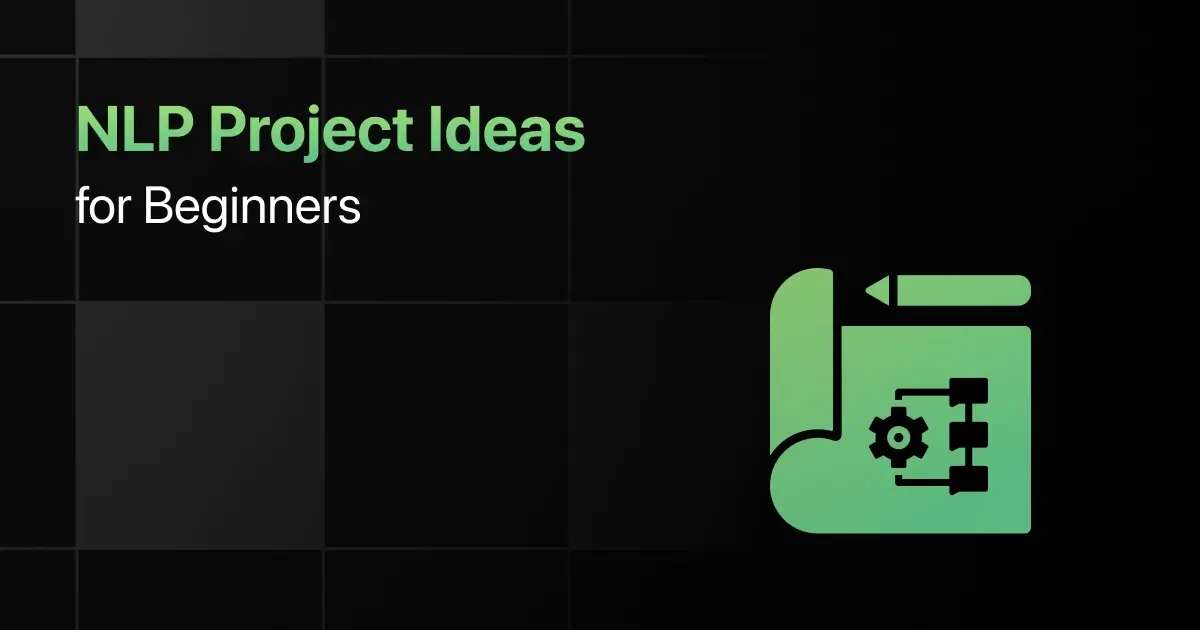


Golang Interview Questions
Are you preparing for your first Golang interview and wondering what questions you might face? Understanding the key Golang interview questions …
Warning: Undefined variable $post_id in /var/www/wordpress/wp-content/themes/placementpreparation/template-parts/popup-zenlite.php on line 1050

